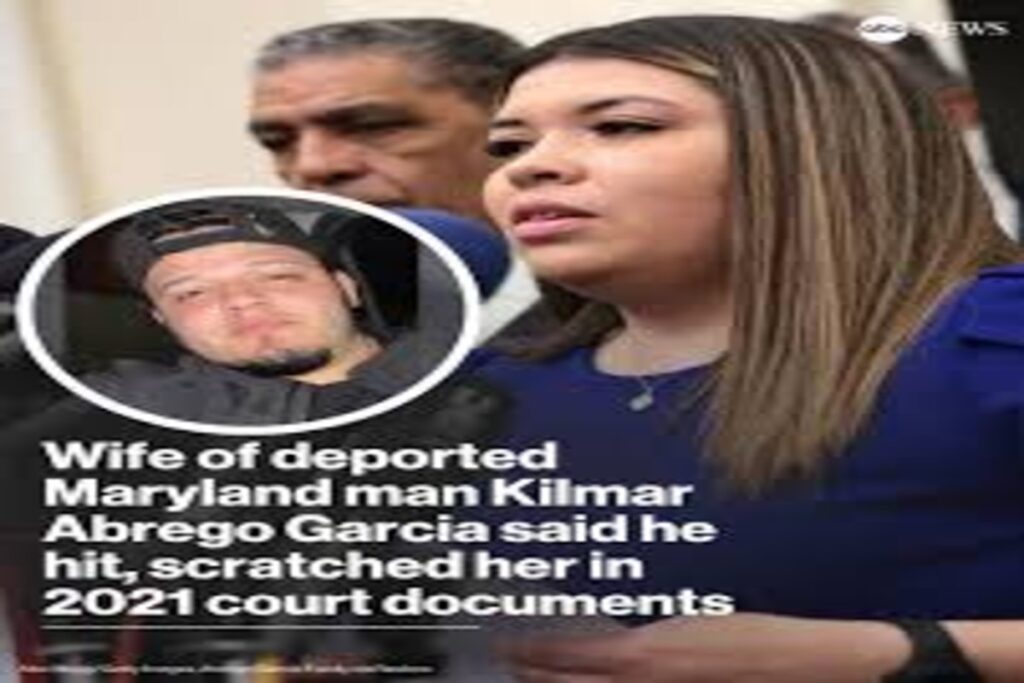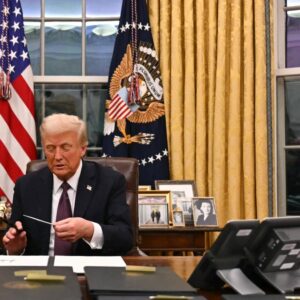
In recent developments surrounding the case of Kilmar Abrego Garcia, a Maryland man who was mistakenly deported to El Salvador in March 2025, new information has emerged regarding allegations of domestic abuse. Court documents from 2021 reveal that his wife, Jennifer Vasquez Sura, sought a protective order against him, alleging physical abuse during their marriage. These revelations have added complexity to the ongoing legal and political debates concerning Garcia’s deportation and subsequent treatment.
Background of Kilmar Abrego Garcia
Kilmar Abrego Garcia, originally from El Salvador, entered the United States illegally around 2011, fleeing gang violence in his home country. He settled in Maryland, where he married Jennifer Vasquez Sura, a U.S. citizen, and they had a son together. Garcia worked as a sheet metal apprentice and was pursuing his journeyman license at the time of his deportation. In 2019, an immigration judge granted him protection from deportation due to the threat of gang persecution in El Salvador. However, in March 2025, the Trump administration deported him to El Salvador, acknowledging the action as an “administrative error” .
Allegations of Domestic Abuse
In 2021, Jennifer Vasquez Sura filed for a protective order against Garcia, alleging that he had physically attacked her on multiple occasions. Court documents indicate that she accused him of punching and scratching her, ripping her shirt, and leaving bruises. The protective order was granted for six weeks, during which Garcia was prohibited from contacting her and was required to surrender any firearms .
However, Vasquez Sura later downplayed the incident, stating that she had acted out of caution after a disagreement with Garcia. She clarified that they had “worked through this situation privately as a family” and that the situation did not escalate further. In 2025, she described Garcia as “a loving partner and father”
Implications of the Abuse Allegations
The release of these court documents has sparked renewed debate over Garcia’s character and the appropriateness of his deportation. Supporters of the Trump administration’s actions argue that the allegations of domestic abuse and potential gang affiliations justify his removal from the United States. They contend that his presence posed a threat to public safety and national security
Legal and Political Repercussions
The controversy surrounding Garcia’s deportation has led to significant legal and political repercussions. The U.S. Supreme Court intervened, ruling that the administration must facilitate Garcia’s return to the United States. However, the Trump administration has resisted compliance, citing concerns over gang affiliations and asserting that it lacks the authority to compel El Salvador to accept his return
Conclusion
The case of Kilmar Abrego Garcia underscores the complexities of immigration enforcement and the challenges of balancing national security concerns with individual rights. The allegations of domestic abuse, while contested, have added layers of complexity to an already contentious issue. As legal proceedings continue and political debates intensify, the resolution of Garcia’s case will likely have lasting implications for immigration policy and the treatment of individuals with protected legal status.






